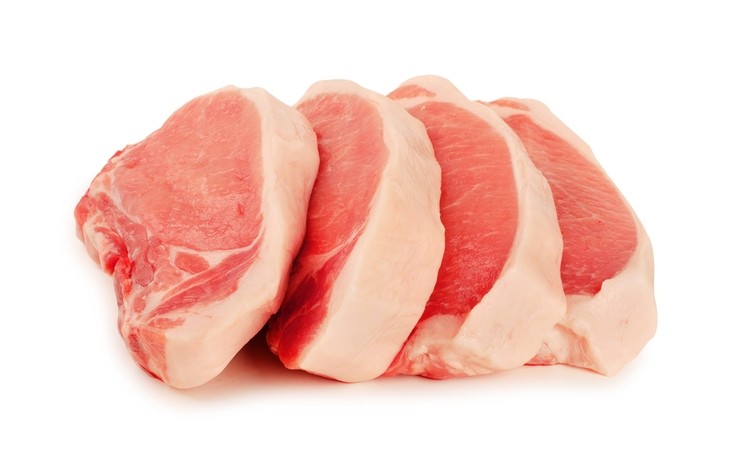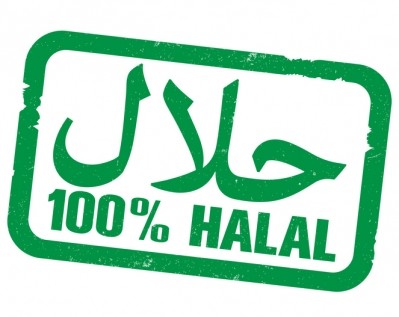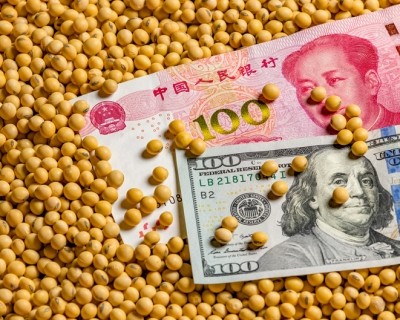Taiwan to lift ban on ractopamine in imported pig meat

Ractopamine, which is used to promote leanness and increase feed conversion efficiency in livestock, remains banned for use in domestic animal feed in Taiwan.
Moreover, the Taiwan Food and Drug Administration (TFDA) issued a draft regulation establishing a Maximum Residue Limit (MRL) for ractopamine in pig meat, with it notifying the WTO of the regulatory move.
The comment period for the notification is seven days, although the US and several other WTO Members are expected to request additional time to provide comment, remarked the USDA in a GAINS report on the issue.
In July 2012, the UN’s Codex Alimentarius Commission approved an MRL for ractopamine.
And the feed additive has been determined to be safe by the US Food and Drug Administration (FDA).
Restrictions elsewhere
Countries such as China prohibit the import of pork from hogs that have been fed the product. The beta-agonist is also banned in the EU.
In autumn last year, Smithfield Foods, JBS USA and Tyson Foods announced bans on ractopamine in market hogs they buy to maximize export opportunities to the Asian country.
In August, on indications that the Taiwanese ban on the feed additive was going to be lifted, the US National Pork Producers Council (NPPC) acknowledged the work of US Trade Representative (USTR) and the US Department of Agriculture (USDA) in trying to have barriers to US pork exports lifted globally, saying Taiwan’s ban on US pork produced with ractopamine has been at the top of USTR’s list of concerns raised with Taiwan for years.
“US hog farmers are highly dependent on pork exports. The volume of US pork exported would be much higher were it not for tariff and non-tariff trade barriers erected by many nations,” NPPC said in a statement.















